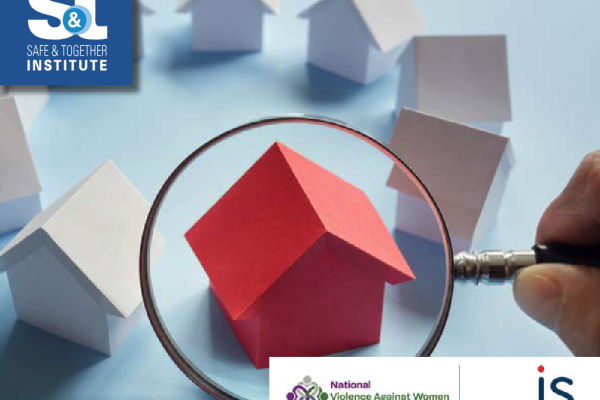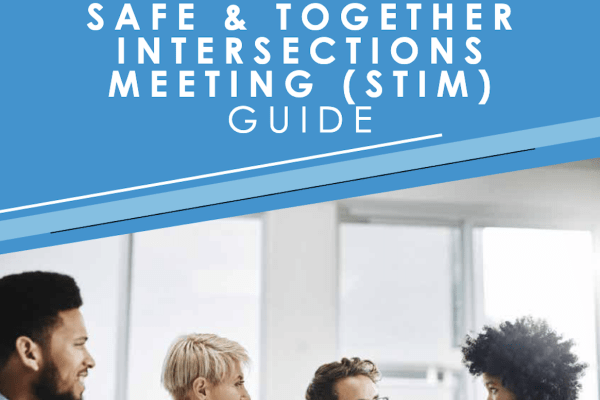Nursing and health contributions to safeguarding and adult protection (5 Nations)
These are the slides from a 5 Nations webinar held in June 2024. This series of webinars shares adult support and protection / safeguarding knowledge across the Republic of Ireland, Northern Ireland, England, Scotland and Wales.
The theme of this webinar is nursing and health workers' roles in adult support and protection. The sessions are:










